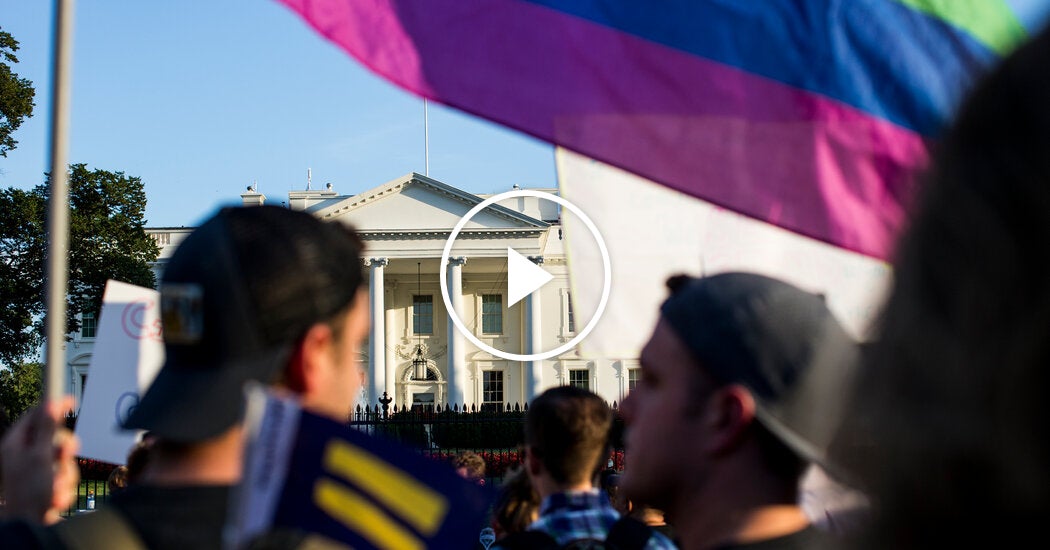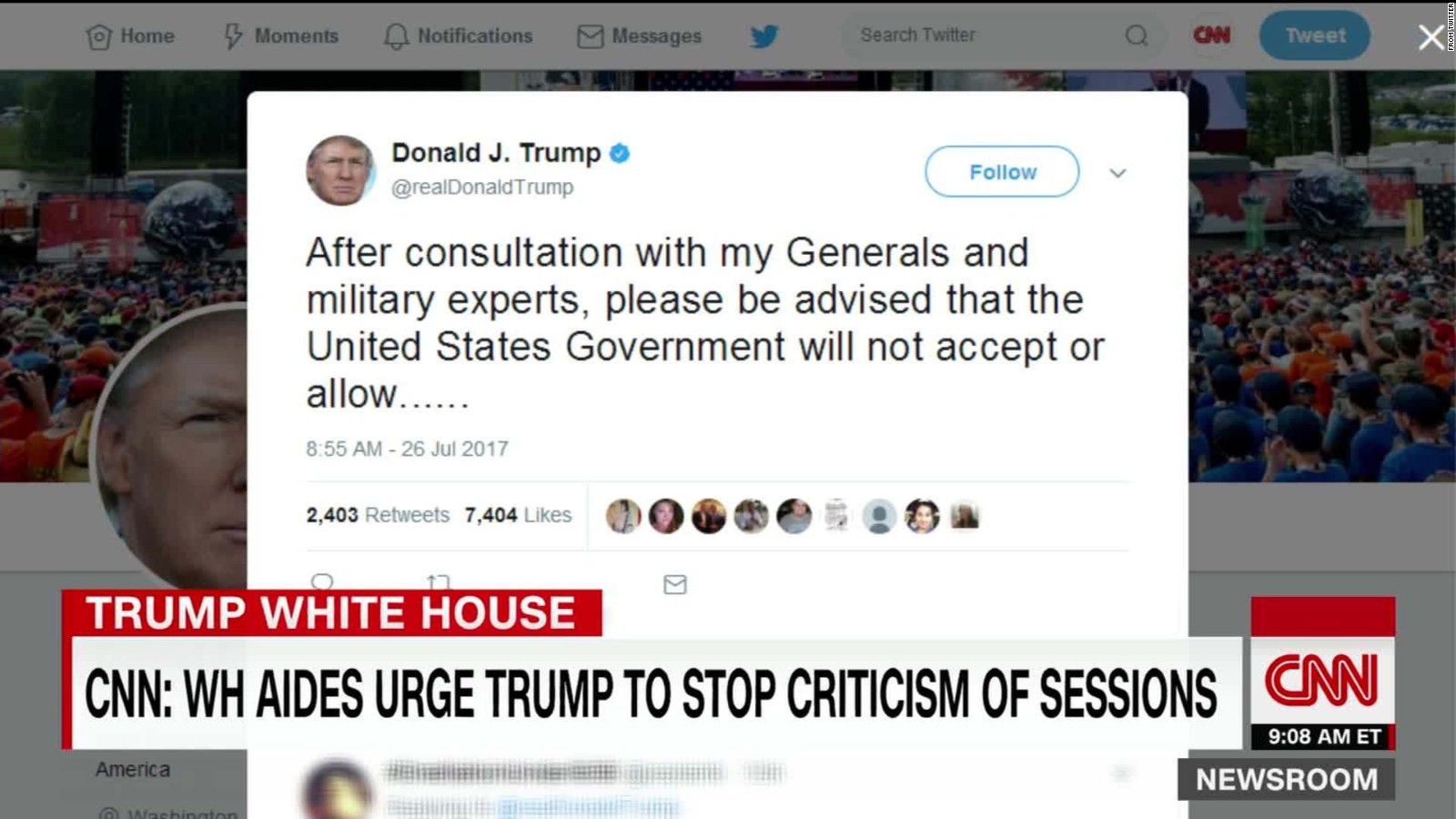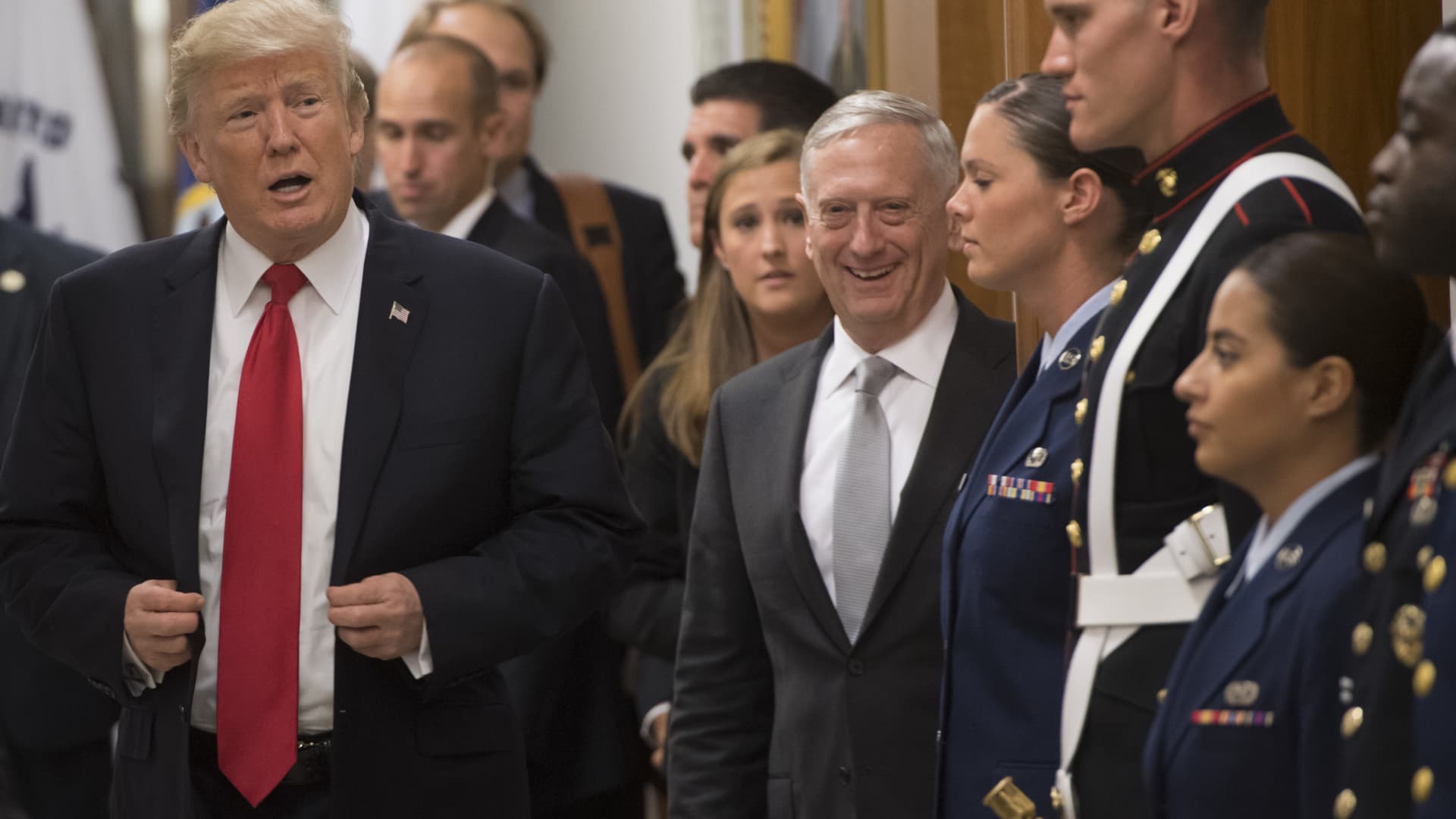New UK Policy: Limiting Student Visas From High-Asylum Countries

Table of Contents
The New Policy: Specifics and Rationale
The new UK Student Visa policy introduces stricter eligibility criteria and increased scrutiny for students hailing from countries identified as having high asylum application rates. While the government hasn't published a definitive list, reports suggest countries in regions experiencing significant conflict or political instability are disproportionately affected. The rationale behind this policy, according to government statements, is to curb potential immigration abuse and ensure that the student visa system is not exploited. However, critics argue this justification overlooks the genuine aspirations of many students seeking a better future through education.
- Affected Countries: The exact list remains undisclosed, but media reports suggest several countries in the Middle East, Africa, and South Asia are facing stricter visa requirements.
- Key Changes in Visa Requirements: These include increased financial requirements, more stringent English language proficiency tests, and a more rigorous vetting process for application documents. Visa durations may also be shorter, requiring more frequent renewals.
- Government Justification: The government emphasizes the need to maintain the integrity of the UK's immigration system and to prioritize genuine students while preventing potential misuse of the student visa route.
Impact on Affected Students and Universities
The tightened UK Student Visa restrictions have far-reaching consequences for both students and UK universities. Students from high-asylum countries now face a significantly higher hurdle in securing visas, leading to increased financial burdens, potential educational disruptions, and emotional distress. UK universities, in turn, risk losing a significant portion of their international student population, impacting campus diversity, research collaborations, and overall institutional revenue.
- Potential Increase in Application Rejection Rates: The stricter criteria and increased scrutiny are expected to lead to a substantial rise in visa application rejections.
- Financial Difficulties Faced by Students: The increased financial requirements, combined with potential visa application fees and legal costs, create significant financial barriers for many aspiring students.
- Impact on University Rankings and Reputation: A decline in international student enrollment could negatively affect university rankings and their global reputation.
- Decreased Diversity within UK Universities: The restrictions could significantly reduce the diversity of the student body, diminishing the rich cultural exchange that international students bring to UK campuses.
Legal Challenges and Public Reaction
The new UK Student Visa policy has faced considerable opposition. Several organizations representing students and universities have voiced concerns, and there are ongoing discussions about potential legal challenges. While widespread large-scale protests haven't materialized, significant media coverage and public debate highlight the controversy surrounding the policy's fairness and effectiveness.
- Summary of Legal Challenges or Court Cases: At present, no major legal challenges have been formally launched, but discussions among legal experts are underway to explore avenues for potential judicial review.
- Overview of Public Opinion and Media Responses: Media coverage has been largely critical, highlighting the potential negative impacts on students and universities. Public opinion is divided, with some supporting stricter immigration controls and others emphasizing the importance of welcoming international students.
- Mention of Significant Protests or Campaigns: While large-scale protests are yet to occur, online campaigns and advocacy groups are actively working to raise awareness and challenge the policy's implementation.
Alternative Pathways for Students from High-Asylum Countries
Despite the challenges, several alternative pathways exist for students from high-asylum countries seeking higher education in the UK. Exploring scholarships, alternative visa routes, and engaging with university support services can significantly increase the chances of successful applications.
- List of Potential Scholarships or Funding Opportunities: Numerous organizations offer scholarships and financial aid specifically designed to support international students. Researching these options is crucial for students facing financial constraints.
- Describe Alternative Visa Options (if any): While the main student visa route is affected, exploring other potential visa categories might offer alternatives depending on individual circumstances.
- Suggest Ways for Students to Navigate the New Policy: Seeking guidance from university international student offices, immigration lawyers, and educational consultants can provide invaluable support during the application process.
Conclusion: Navigating the New UK Student Visa Landscape
The new UK Student Visa policy presents significant challenges for students from high-asylum countries and UK universities. The stricter requirements, increased scrutiny, and potential legal battles highlight the complex interplay between immigration policy and access to education. While the government justifies the changes as necessary to maintain the integrity of the immigration system, the potential negative consequences for students and universities cannot be overlooked. Exploring alternative pathways, actively engaging with support services, and staying informed about policy updates are crucial for students navigating this evolving landscape. Further research into specific scholarship opportunities, legal avenues, and university support systems is strongly encouraged. Continued monitoring of UK Student Visas and their impact on High-Asylum Countries is essential for all stakeholders.

Featured Posts
-
 Young Thugs Pledge Of Loyalty A Song Snippet Analysis
May 10, 2025
Young Thugs Pledge Of Loyalty A Song Snippet Analysis
May 10, 2025 -
 Easing Bond Forward Rules A Key Demand From Indian Insurers
May 10, 2025
Easing Bond Forward Rules A Key Demand From Indian Insurers
May 10, 2025 -
 Where To Invest Mapping The Countrys Top Emerging Business Locations
May 10, 2025
Where To Invest Mapping The Countrys Top Emerging Business Locations
May 10, 2025 -
 Nyt Strands Hints And Answers Wednesday April 9 Game 402
May 10, 2025
Nyt Strands Hints And Answers Wednesday April 9 Game 402
May 10, 2025 -
 How Did Trumps Executive Orders Impact The Transgender Community Your Stories Matter
May 10, 2025
How Did Trumps Executive Orders Impact The Transgender Community Your Stories Matter
May 10, 2025
Latest Posts
-
 Deconstructing The Rhetoric Trumps Transgender Military Ban Explained
May 10, 2025
Deconstructing The Rhetoric Trumps Transgender Military Ban Explained
May 10, 2025 -
 Trumps Transgender Military Policy A Closer Look At The Controversy
May 10, 2025
Trumps Transgender Military Policy A Closer Look At The Controversy
May 10, 2025 -
 Examining The Double Speak Surrounding Trumps Transgender Military Policy
May 10, 2025
Examining The Double Speak Surrounding Trumps Transgender Military Policy
May 10, 2025 -
 The Transgender Military Ban Dissecting Trumps Shifting Statements
May 10, 2025
The Transgender Military Ban Dissecting Trumps Shifting Statements
May 10, 2025 -
 Analyzing Trumps Stance On Transgender Service In The Military
May 10, 2025
Analyzing Trumps Stance On Transgender Service In The Military
May 10, 2025
